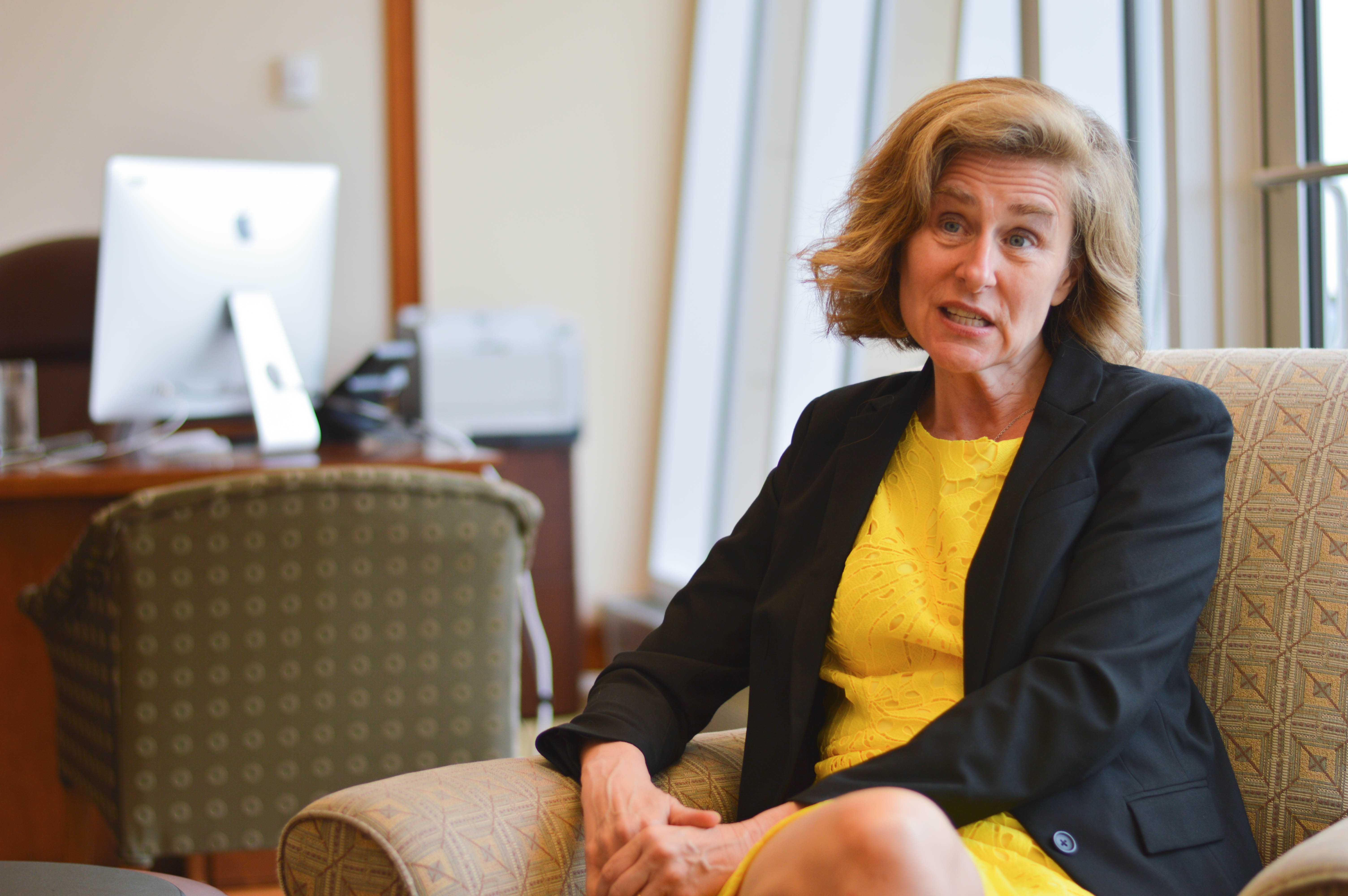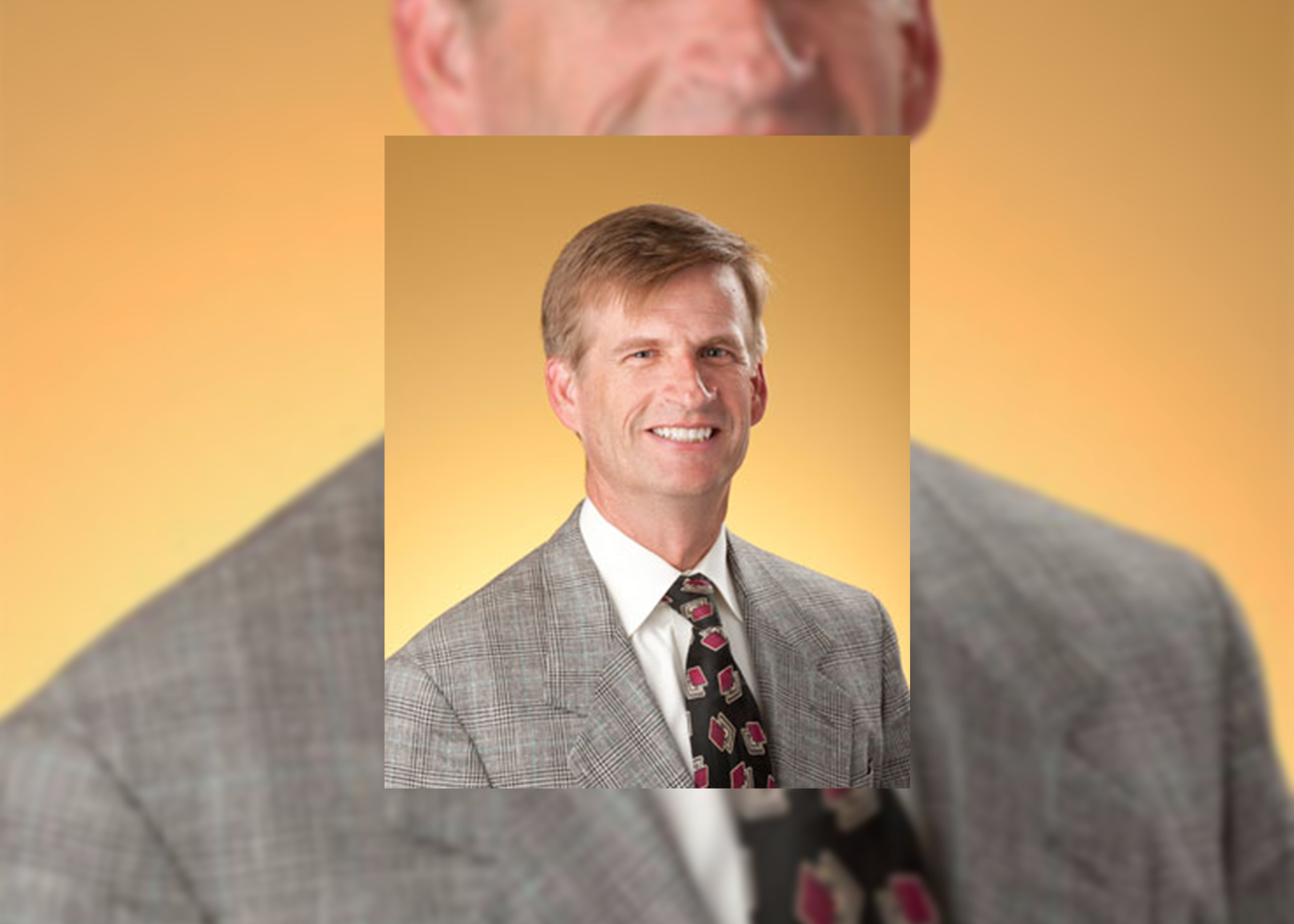KSU hosted the first installment of its Marketplace of Ideas debate series Tuesday evening to discuss the pros and cons of the controversial Affordable Care Act during “The Great Debate 1: Obamacare – Yes or No?”
KSU professors Melvyn Fein and Kenneth White debated the Affordable Care Act, nicknamed “Obamacare,” by answering questions regarding health care outcomes, cost, political partisan consequences and alternatives to the program. The debate was moderated by Robin Dorff, dean of the College of Humanities and Social Sciences.
White, an assistant professor of Political Science and Criminal Justice, represented the liberal perspective and said Obamacare will lower health care costs, guarantee a choice of doctors and coverage and “ensure affordable health care for every American.” Fein, a professor of Sociology, represented the conservative view and said Obamacare is a “starting point” with many problems and broken promises.
Fein said Obamacare would “disastrously injure health care outcomes” because it introduces increased demand and steady supply, which will result in rising prices or program restrictions. White said the program would improve healthcare outcomes by offering free preventative care and providing coverage for people who need it.
The program will pay for itself within 10 years, White said, though some will “pay a little more” along the way. Fein said the middle class would pay much more as premiums increase, adding that subsidies are “trivial” compared to prices.
Fein said sign-up numbers must not be good because they are not being “trumpeted.” White said he believes Americans are simply procrastinating until the March 2014 sign-up deadline, adding that he is “optimistic” in eventual sign-up results. Americans will be taxed if they don’t sign up, White said, so they might as well sign up to get benefits for their money.
Young people will not sign up because they believe they are “healthy and bulletproof” and cannot afford coverage, Fein said. White argued that more young Republicans have signed up than young Democrats, so far.
White said Obamacare alternatives include the private insurance sector, a public option or, his personal preference, a single-payer method. Fein said Obamacare should have been introduced incrementally and the Senate should address Republican proposals.
Dorff concluded the debate saying the Marketplace of Ideas program is not about answers but about the thinking process.
Jacob Meeks, a KSU junior, said he appreciated hearing both sides of the Obamacare argument. Meeks is uninsured and cannot afford health care under the Affordable Care Act, but he understands it “affects everybody.”
Kendall Sessions, a 2011 Clemson graduate, attended the forum out of interest and said it’s important for people to get information to form their own opinions. He said he trusts the debaters but is on the fence in answering the debate’s title question “Yes or no?” because Obamacare has not affected him personally.
KSU senior Jiovan Thompson said he distrusts media coverage of Obamacare, so the Great Debate was informational and presented both sides of the issue. He said the Marketplace of Ideas engages students in a discourse that will help them find a clear view of critical issues in order to become better adults.
Earlier in the program KSU President Daniel Papp said he hopes the Marketplace of Ideas will be an ongoing series of collegial debates on critical, national issues to help the community acquire the knowledge to make value-based decisions.
“KSU is an institution with a commitment to freedom of speech” where people can disagree, debate and discuss, Papp said.
Dorff said the first Marketplace of Ideas went “really well,” with a turnout of nearly 200 people.
He collected notecards with “tons” of audience questions, meaning attendees were “engaged” in the program, Dorff said. He hopes the Marketplace of Ideas will bring opportunities for more ideas and speakers at KSU.
“The Marketplace of Ideas concept is directed at students,” Dorff said. Through the presentation of ideas and controversial issues, perhaps students will be inspired to engage in “their own marketplace of ideas,” he said.
Fein and White agreed the program was a success. Fein said the debate achieved its purpose and gave “honest and open” airing to different sides of the argument. White said he is used to debating with Fein; the two professors produce a podcast called “Honestly Speaking: Red Meets Blue.”
Fein said the Marketplace of Ideas could help students identify their own conclusions.
“Our students deserve nothing less,” Fein said. “They have the right to make up their mind.”
White hopes the “Great Debate 1” is the beginning of a long tradition at KSU.



